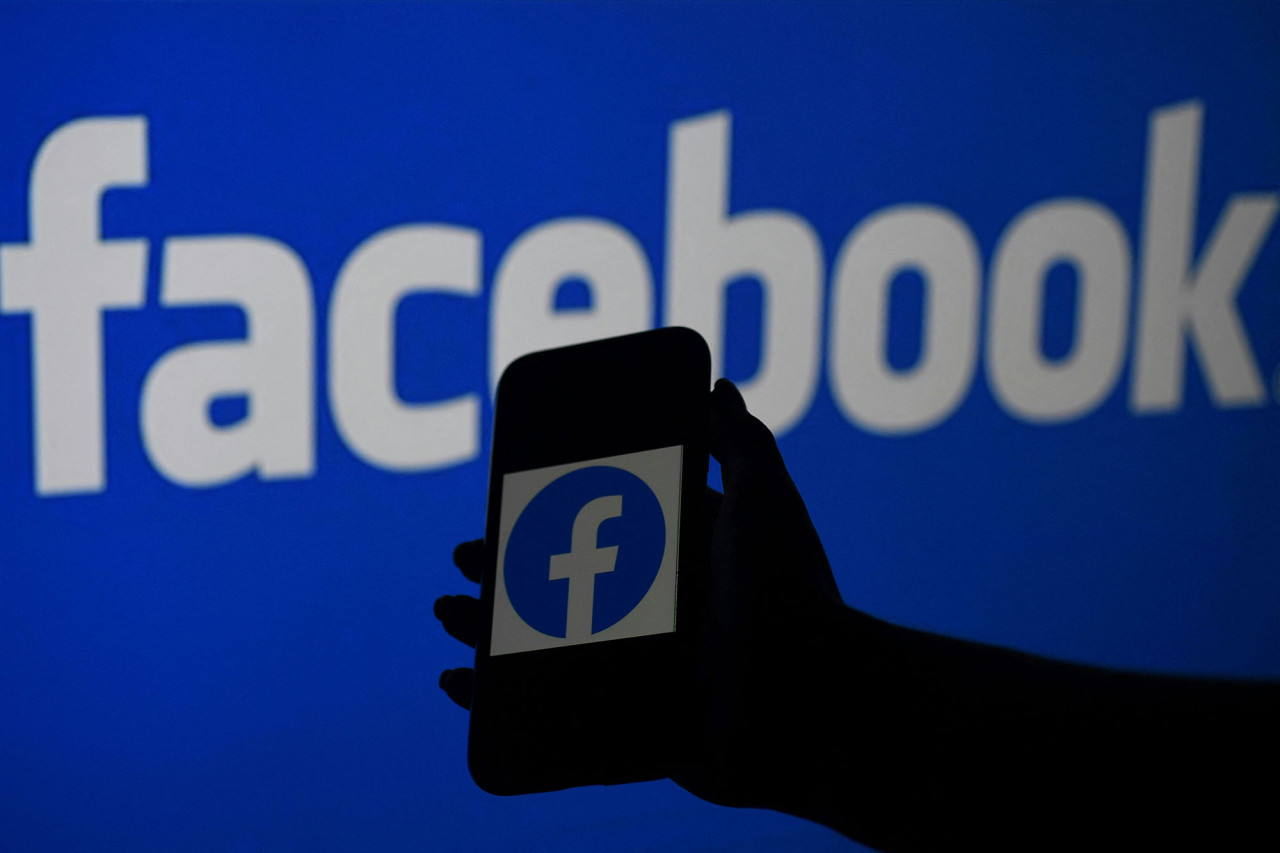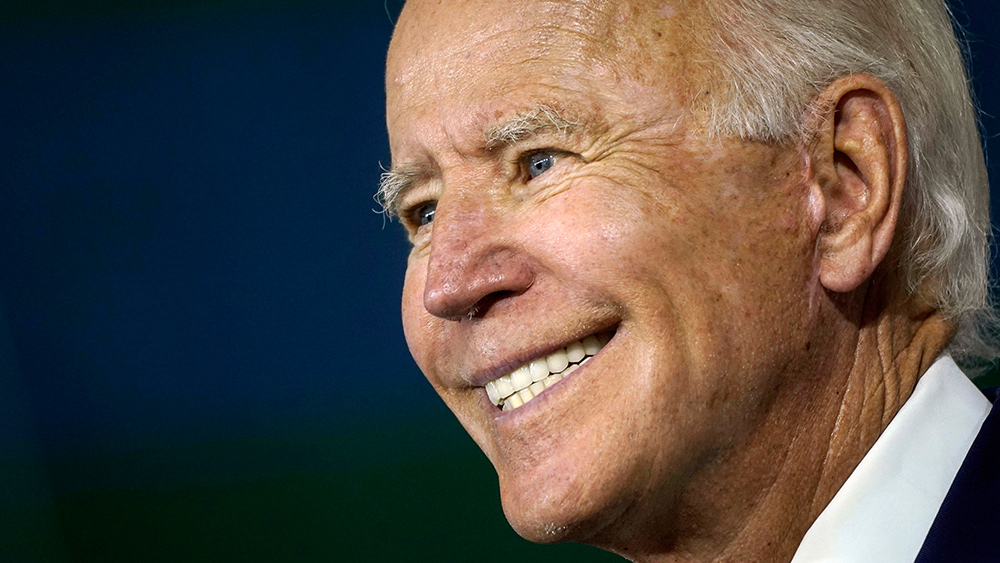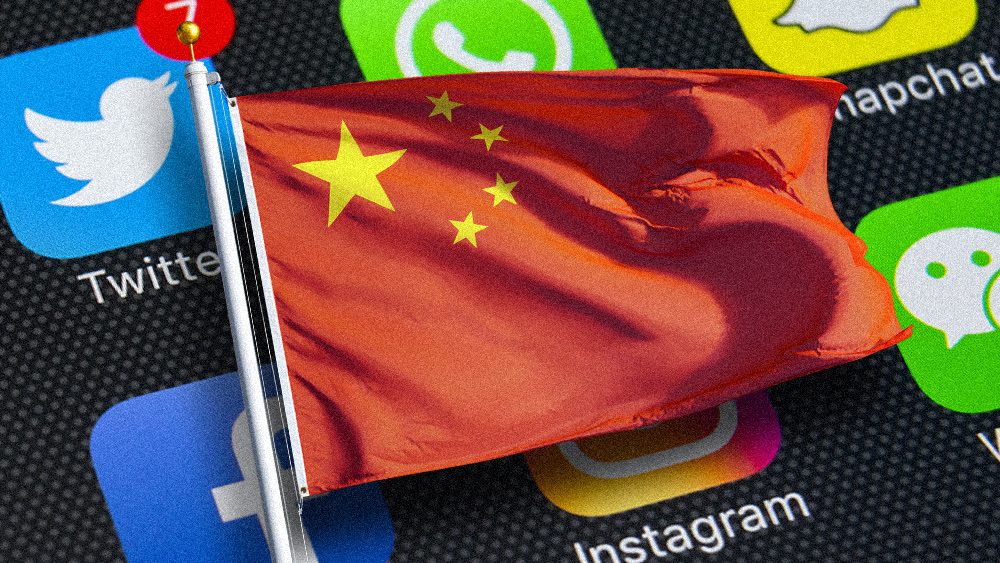Russia blocks access to Facebook, accuses it of discriminating against state-owned media outlets
03/06/2022 / By Arsenio Toledo

Russia blocked access to Facebook Friday, March 4, following claims by government regulatory agency Roskomnadzor that the social media platform has violated Russian federal law by restricting access to the official accounts of several state-owned and state-affiliated media outlets.
This comes around a week after Russia placed partial restrictions on Facebook for the same alleged violations. At the time, Meta executive Nick Clegg said Roskomnadzor ordered the platform to stop fact-checking and putting warning labels on content posted by state-owned and state-affiliated outlets like Sputnik, RT and RIA.
Roskomnadzor claimed Friday that it had found at least 26 “cases of discrimination against Russian media and information resources by Facebook” since Oct. 2020.
“Soon millions of ordinary Russians will find themselves cut off from reliable information, deprived of their everyday ways of connecting with family and friends and silenced for speaking out,” wrote Clegg in a statement in response to the blocking.
“We will continue to do everything we can to restore our services so they can remain available to people to safely and securely express themselves and organize for action,” he added. (Related: Financial pressures rise worldwide as governments witness the unfolding of the Russia-Ukraine crisis.)
Facebook responds by pulling Russian ads and blocking Russian advertisers
Facebook retaliated by pulling all advertising from the company and refusing to run ads from Russian companies anywhere in the world.
“Due to the difficulties of operating in Russia at this time, ads targeting people in Russia will be paused, and advertisers within Russia will no longer be able to create or run ads anywhere in the world, including within Russia,” said Facebook in a statement released Friday.
The company added that it is attempting to keep its services in Russia available “to the greatest extent possible.” It has not provided an update on where the company’s efforts on the matter stood.
Dan Ives, an analyst for the investment firm Wedbush Securities, claimed that the pullout of Russian ads will have little impact on Meta’s finances. He estimated that if all American Big Tech companies “pulled the plug on Russia it would have a one to two percent revenue impact in a worst-case scenario.” Ives added that Wall Street might “gladly applaud” such a move.
The ongoing dispute between Russia and Facebook is a major escalation of the country’s campaign against Big Tech companies. In recent years, in response to supposed instances of discrimination, censorship and other allegations, Russia has issued a slew of fines and has even hobbled access to Big Tech platforms through internet slowdowns.
More recently, Russia has restricted access to Twitter, which has been slapping labels on Russian state-owned media outlets and journalists.
Roskomnadzor has also published statements complaining about how other Big Tech companies are treating Russia. It has complained about TikTok for labeling accounts owned by state-run media and for supposedly removing some of the content on those accounts.
More related stories:
Biden closes U.S. airspace to Russia as Boeing cuts off parts, maintenance to Russian airlines.
SWIFT sanctions against Russia may be pointless due to rising alternatives such as Ripple and CIPS.
Watch this episode of “InfoWars” as host Owen Shroyer talks about why American Big Tech companies are controlling the information coming out of Ukraine.
This video is from the InfoWars channel on Brighteon.com.
Learn more about the brewing confrontations between American Big Tech companies and the Russian state by reading the latest articles at TechGiants.news.
Sources include:
Submit a correction >>
Tagged Under:
banned, Big Tech, Censored, conflict, disinformation, economic sanctions, Facebook, free speech, meta, Roskomnadzor, Russia, Russo-Ukrainian War, sanctions, Social media, tech giants, Twitter, Ukraine, war
This article may contain statements that reflect the opinion of the author
RECENT NEWS & ARTICLES
COPYRIGHT © 2018 SPEECHPOLICE.NEWS
All content posted on this site is protected under Free Speech. SpeechPolice.news is not responsible for content written by contributing authors. The information on this site is provided for educational and entertainment purposes only. It is not intended as a substitute for professional advice of any kind. SpeechPolice.news assumes no responsibility for the use or misuse of this material. All trademarks, registered trademarks and service marks mentioned on this site are the property of their respective owners.




















